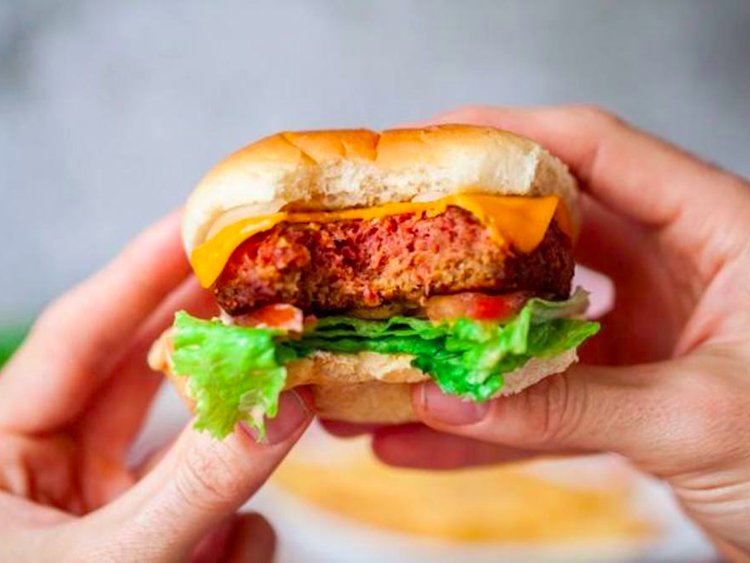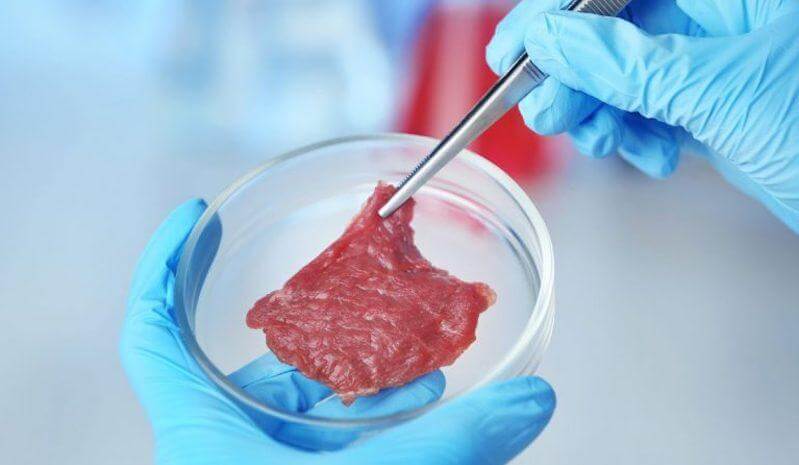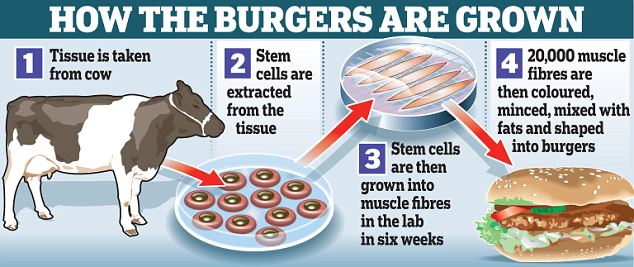 Imagine enjoying a juicy, crunchy slice of bacon and sending your compliments not just to the chef, but to a living pig still frolicking about!
Imagine enjoying a juicy, crunchy slice of bacon and sending your compliments not just to the chef, but to a living pig still frolicking about!
Just recently, the US Food and Drug Administration has given a second green light for cultivated chicken manufactured by GOOD Meat. The company is among the top contenders in the growing cultivated meat industry, and it already sells its chicken products in one country – Singapore. Since 2020, lab-grown meat products in Singapore have been sold in supermarkets and served in restaurants.
While the rest of the world has yet to catch on, the FDA’s approval paves the way for the commercial production of cultivated meat in the US. After conducting a pre-market consultation, the FDA agreed with GOOD Meat’s safety evaluation of its cultivated chicken. And just last November, the FDA also issued a similar “no questions” letter to Upside Foods, another US-based company.
So what exactly is lab-grown meat, and how is it made? What challenges does the industry still face? Let’s take a closer look.
From Cells in a Vat to Your Plate
 Simply put, cultivated meat, also known as cultured meat, is genuine meat grown from living animal cells.
Simply put, cultivated meat, also known as cultured meat, is genuine meat grown from living animal cells.
The process begins with starter cells, gathered via a biopsy from a living animal. Most of the attention surrounding lab-grown meat has been directed to chicken and beef. However, cultured meat has proven successful with other meats, including seafood!
The cells are placed in bioreactors. These are enormous steel vats containing an oxygen-rich slurry of nutrients, such as vitamins, amino acids, glucose, salts, and proteins. This mixture essentially simulates conditions inside an animal’s body and encourages cell growth. In as little as two weeks, enough cells can be harvested and shaped into cuts of raw meat, which can be cooked just like typical meat sold on shelves.
The livestock industry has long been criticized for the inhumane treatment of animals and the rampant use of antibiotics. Advocates for cultivated meat argue that the process of cell cultivation is more humane, as it does not require the slaughter of animals. Furthermore, the controlled environment of the bioreactors makes antibiotics unnecessary because the final product is not exposed to pathogens.
Cultivated meat is also a promising dietary alternative, as we look to reduce our carbon emissions and slow climate change. When compared to conventional beef, cultivated meat produced with renewable energy could stand to reduce emissions by up to 92% and land use by up to 95%!
Hurdles Cultivated Meat Has Yet to Cross
 Animal cell cultivation is a relatively new technology. In fact, the first cultivated meat burger was only presented to the public in 2013. The industry has expanded since, but cultivated meat still faces a number of challenges.
Animal cell cultivation is a relatively new technology. In fact, the first cultivated meat burger was only presented to the public in 2013. The industry has expanded since, but cultivated meat still faces a number of challenges.
For one, the costs of running bioreactors remain relatively steep. Culture mediums are still costly to manufacture. In addition, cultivated meat is not yet entirely cruelty-free. One crucial medium ingredient is Fetal Bovine Serum (FBS), which must be harvested from slaughtered pregnant cows. Companies are still working on eliminating FBS from the production of cultured meat. For this reason, cultured meat products face stiff competition with plant-based products, which have grown popular among people with vegan or vegetarian diets.
Another key drawback is the lack of larger facilities. At the moment, most cultured meat facilities are small and do not run on renewable energy. Before cultured meat can become mainstream, wider changes in energy infrastructure need to be accomplished.
Finally, cultured meat remains a novelty to consumers, who may be understandably skeptical about how it’s made, and more importantly, how it tastes. The manufacture of cultured meat products has recently been banned in Italy out of concern that it would threaten traditional food practices.
Despite these challenges, the future of cultured meat is still promising. Informed consumers are often more open-minded, while millions of dollars continue to be invested in the industry.
As we wait for cultured meat to arrive at our supermarkets, what do you think? Would you be willing to tuck into lab-grown chicken, steaks, and hotdogs?
Sources: BBC, NPR, Guardian, TechCrunch, GFI, Smithsonian







